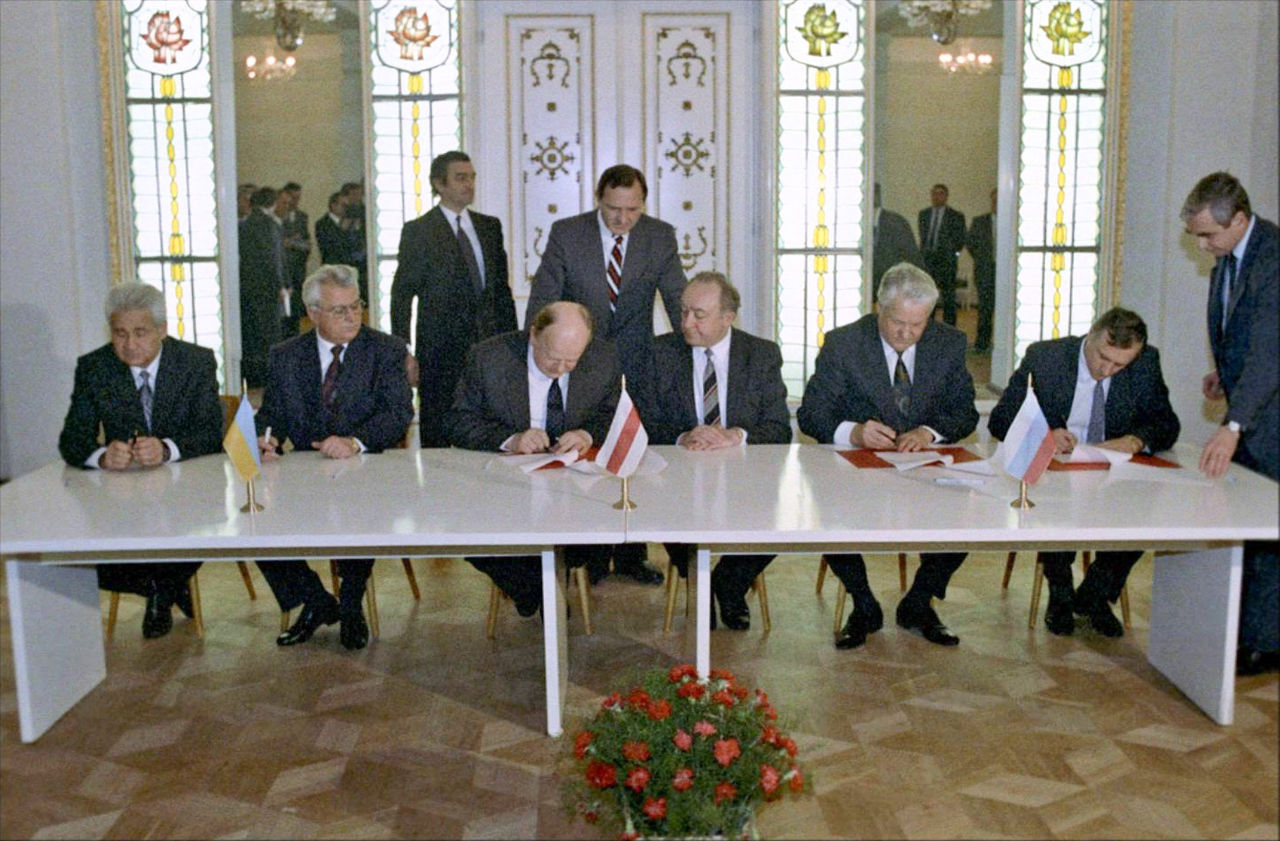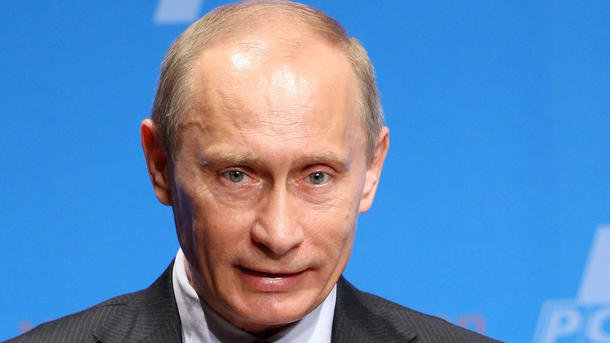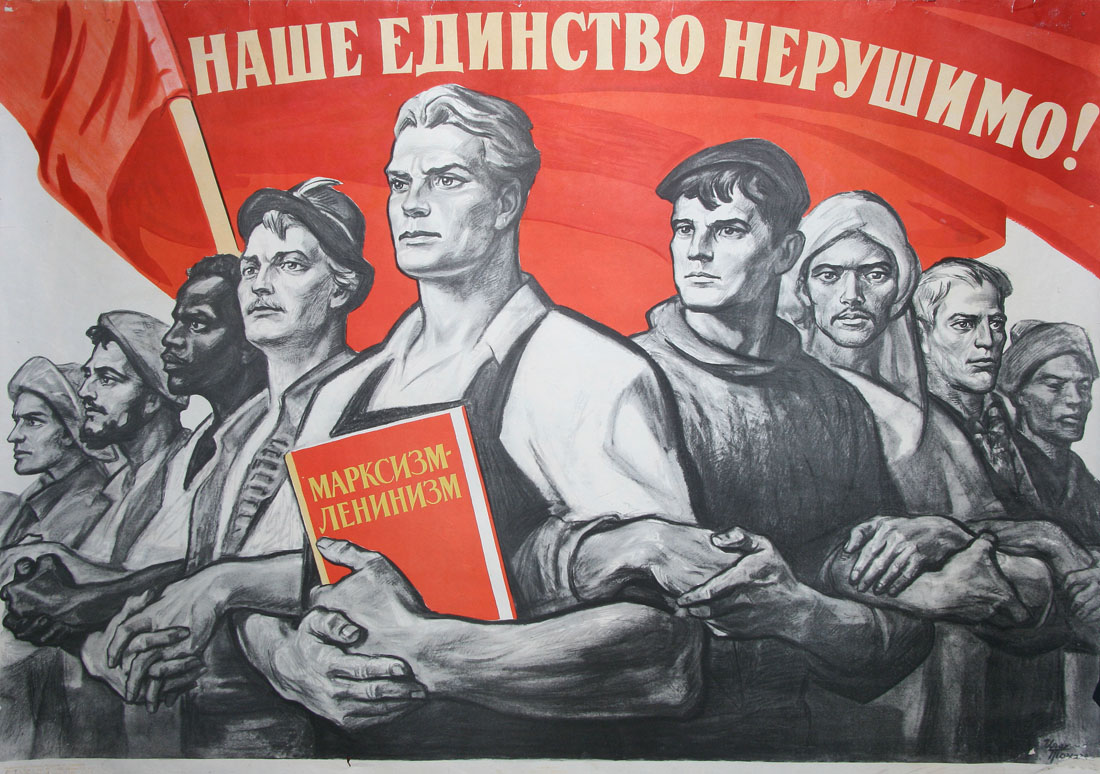Ukraine’s slow-motion exit from the Commonwealth of Independent States has led some in Moscow to think it might eventually return, but the organization’s latest meeting shows that no one in the Russian capital has any such expectations now, Yelena Chernenko of Kommersant says.
In contrast to meetings of the organization that have occurred since Kyiv formally notified the body that it planned to leave, this one did not display any Ukrainian symbols and took place in a military facility that clearly showed Moscow views the CIS increasingly as a security alliance, something that makes it even less attractive to Kyiv.
Moscow counts the CIS as having 11 members. Nine of them sent foreign ministers to Moscow on Friday for the first face-to-face meeting in more than a year. One, Moldova, sent a lower-ranking official. And Ukraine, which Moscow still counts as a member, ignored the session altogether.
Two things about Friday’s session were especially striking with regard to Ukraine. On the one hand, there was not a single Ukrainian symbol anywhere. And on the other, the meeting was held not in a diplomatic facility or hotel but in what Chernenko describes as “an unusual place, the International Military Center of the Russian Defense Ministry, where the Warsaw Pact had its meetings.
Given Russian aggression against Ukraine and its annexation of Ukraine’s Crimea, Kyiv could not be expected to attend or even to remain any longer in an organization that no longer makes any pretense of being something other than a Moscow-dominated structure committed to promoting Russian security goals.
What this means, the Kommersant writer says bluntly, is that “the CIS is dead” even as a club of presidents. It has become simply a structure Moscow can point to in its efforts to promote its notion that Russia has some special rights and powers in the former Soviet space. Without Ukraine, it is truly meaningless as far as anything else is concerned.
And now, by its behavior on Friday, Moscow has made clear that it doesn’t expect Kyiv ever to return, a signal that other members who are seeking alternative arrangements for the future such as Moldova and Armenia at a minimum will certainly receive and likely act upon as well.
Further Reading:
- Ukraine cuts more of last remaining links with post-Soviet Commonwealth of Independent States
- Why have two revolutions won in Ukraine but none in Russia or Belarus? Historian Hrytsak answers
- Ukraine, Poland, and Lithuania create “Lublin Triangle,” stirring memories of 17th century republic
- As long as Russia remains an empire, Moscow will be repressive at home and aggressive abroad, Eidman says
- Ukraine, the Gates of Europe of the last millennia, and their meaning for Russia – Serhii Plokhy explains
- The Russian Federation will disintegrate but not ‘just like the Soviet Union did’
- The decolonization of Ukraine is irreversible — Viatrovych
- The West’s failure in 1991 must not be repeated now
- Vitaly Portnikov: “The ghost of the Soviet Union was definitively buried in Ukraine in 2014”




